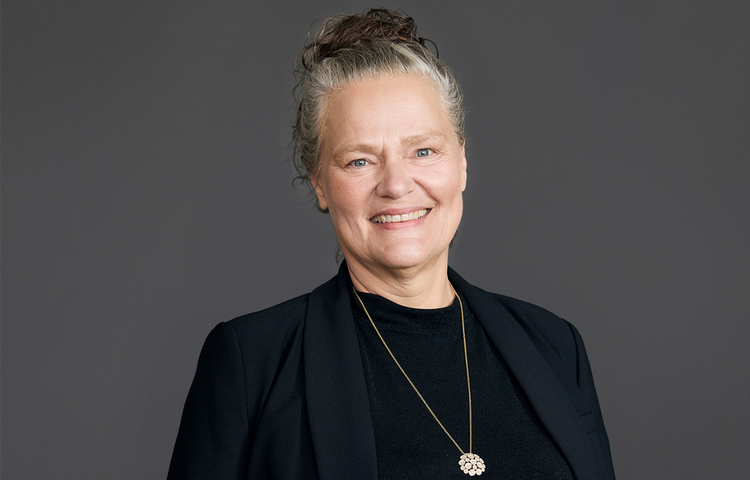Companies ‘all in’ on sustainability 40% more confident about business outlook
Just 5% of European companies see no distinction between their business and sustainability strategies.

Companies that fully integrate sustainability into business strategy enjoy a much more positive outlook than others, according to new research.
EY’s 2025 Long-Term Value and Corporate Governance survey of 200 European businesses shows that 91% are still feeling pressure from investors to act on sustainability, despite a recent US-driven political backlash.







